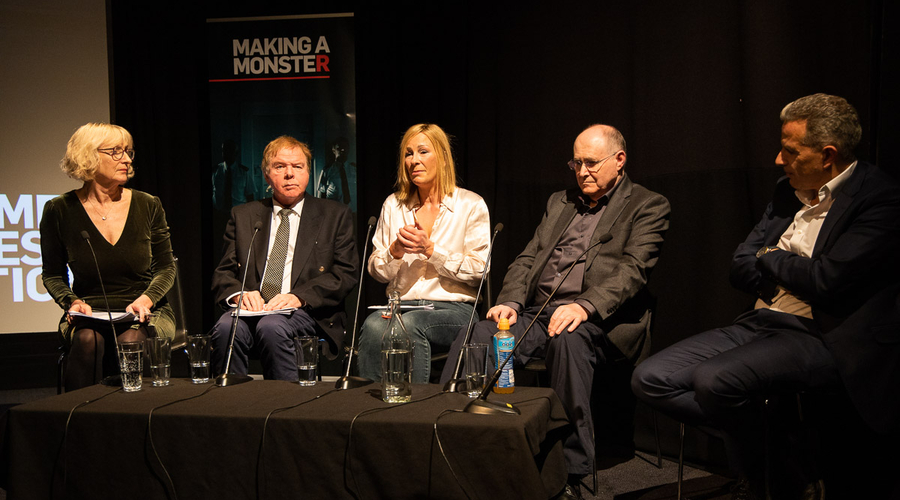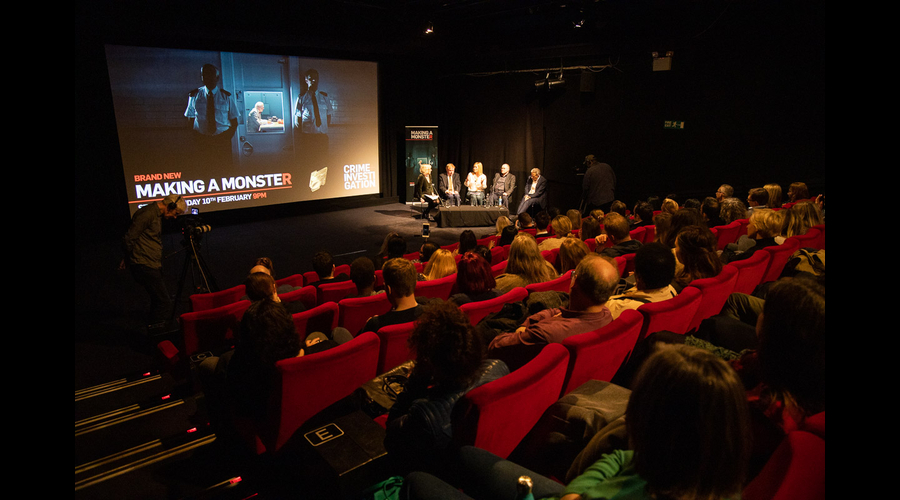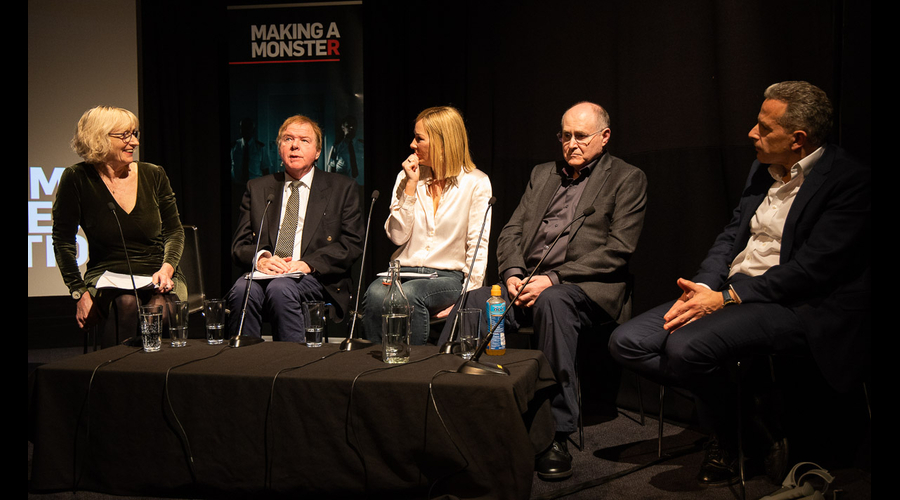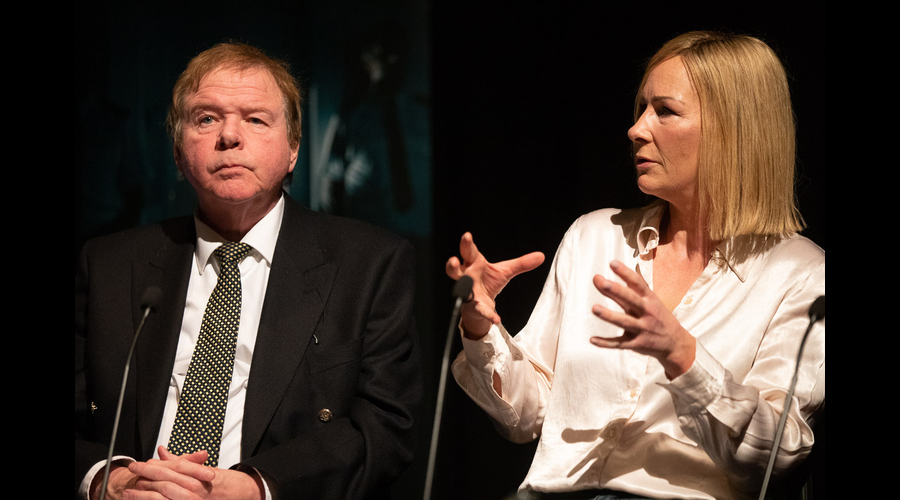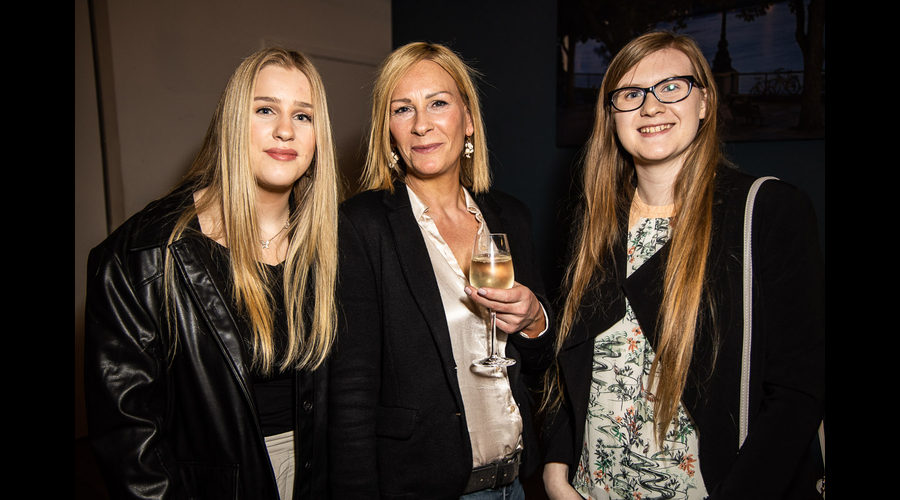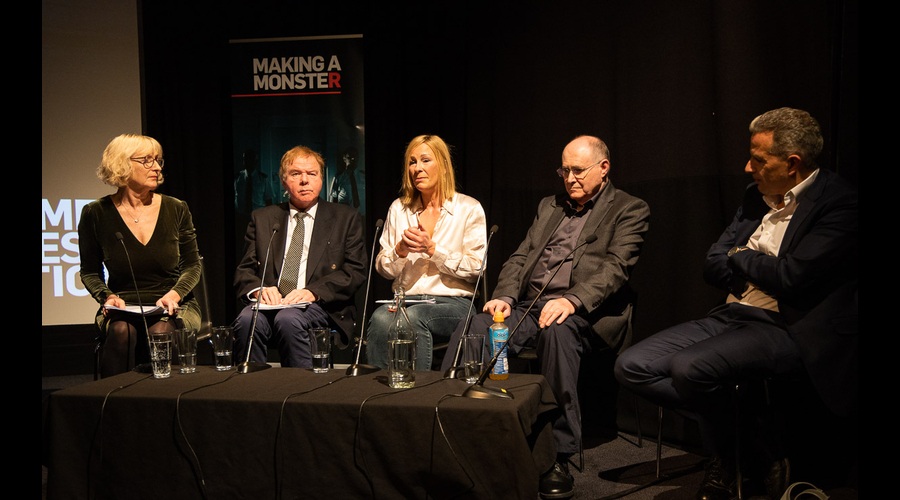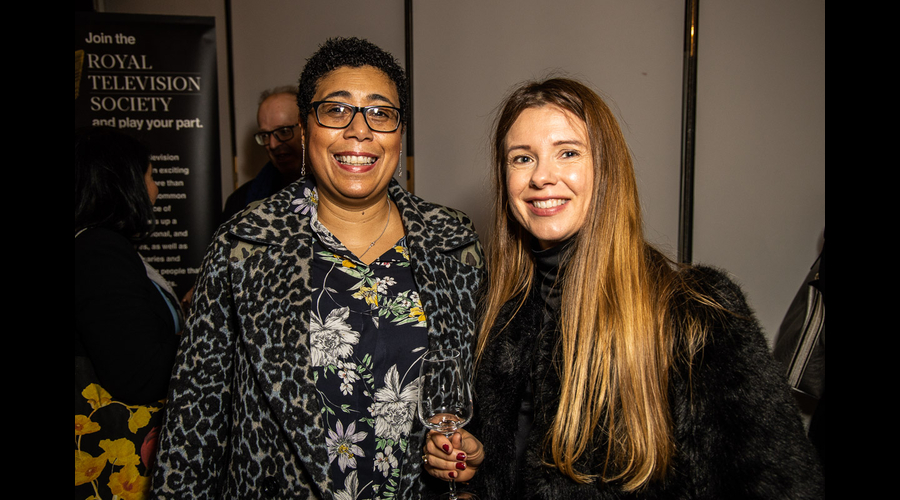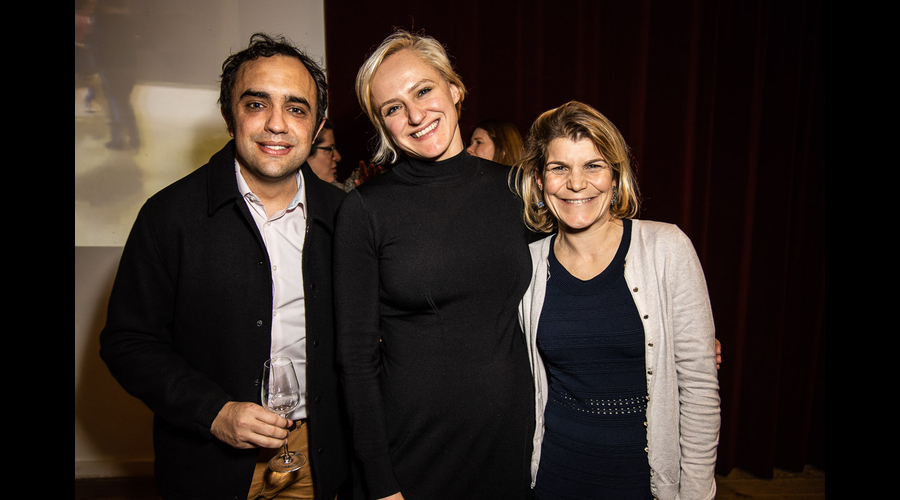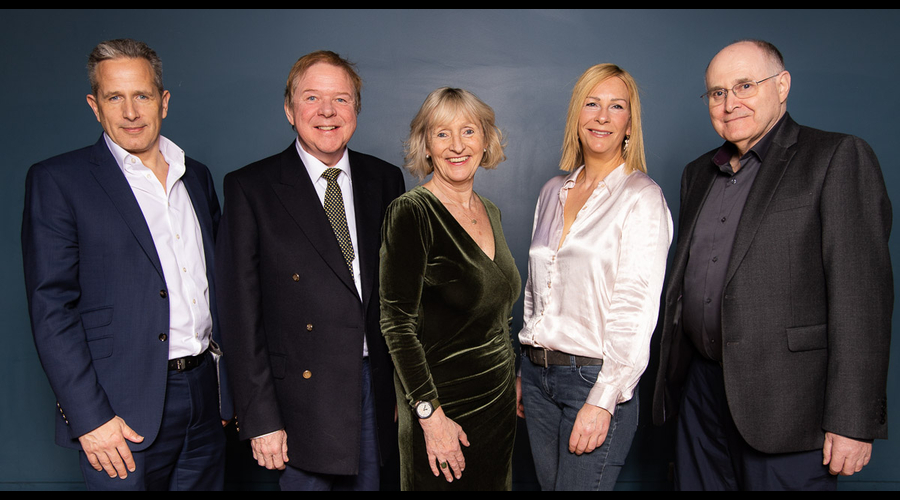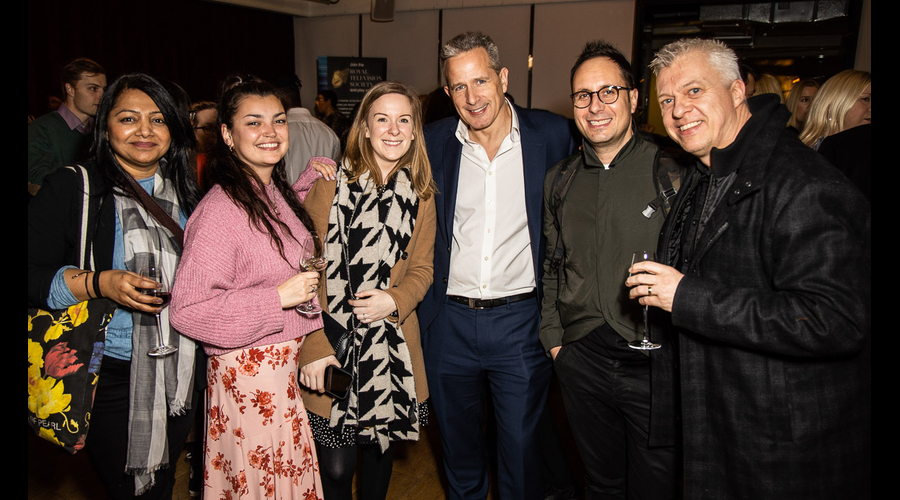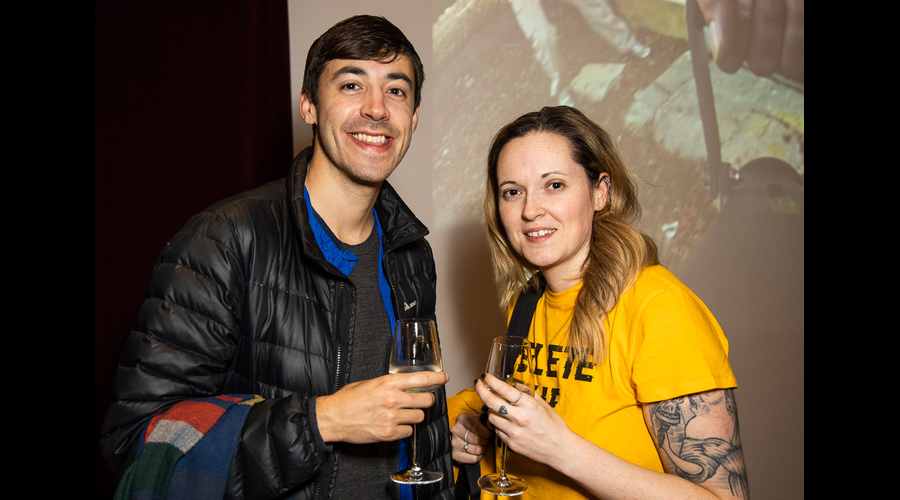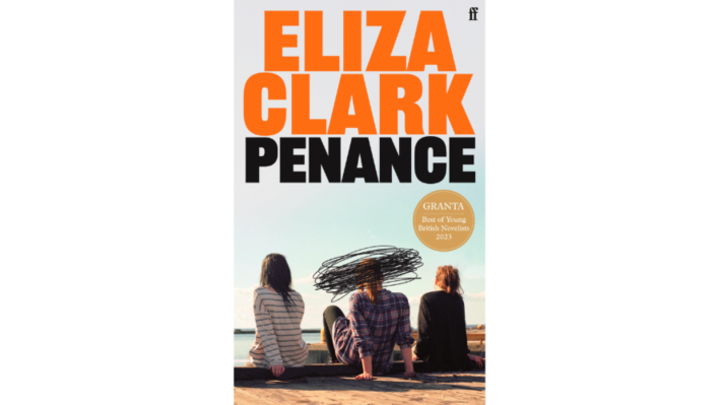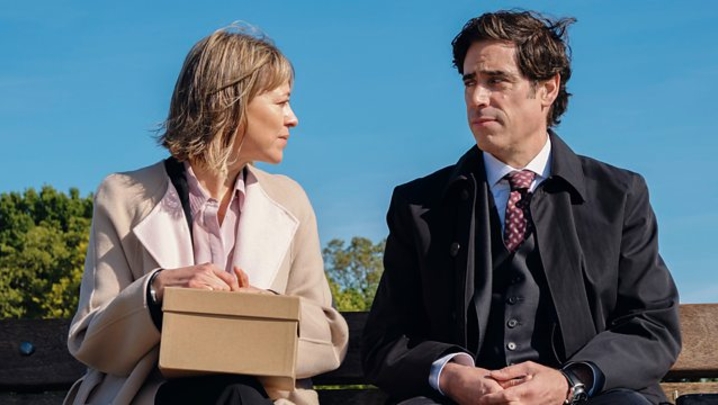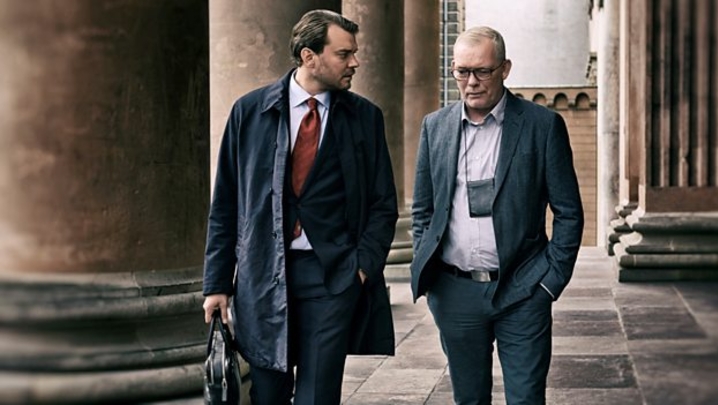The police turn to forensic and criminal psychologists, some of whom – including the panellists at the RTS screening – contributed to Making a Monster. The series harnesses expert views and dramatic reconstruction as it revisits the crimes of notorious killers that include Levi Bellfield and Aileen Wuornos.
Making a Monster, which is made by David Howard and Rik Hall and their Wales indie Monster Films, aims “to go beyond the shibboleths and stereotypes, and to treat the serial killer, to a certain extent, as a patient and to get inside that,” added Korn.
The programme-makers secured the involvement of University of Leicester forensic psychologist Dr Julian Boon by assuring him there “would be nothing salacious or gratuitous” in the series. “From what I’ve seen, that has been the case,” he said.
Making a Monster, added Boon, “dispels the myth that there is something like a generic serial killer. Each one has to be painstakingly understood with regard to their own individual circumstances and how that expresses itself in terms of criminal activity.”
Dr Samantha Lundrigan, an investigative criminal psychologist and specialist in geographic profiling at Anglia Ruskin University, said “The series offered the opportunity to “take the [true crime] genre in a different direction and get under the surface of these well-known offenders.
“I did ask myself at the beginning ‘Is there any more that can be said about these people?’” My answer was ‘yes’, because [the series]… tries to understand the science underneath and look at some of those techniques, such as geographic profiling, that haven’t been looked at before.”
Lundrigan said she “grew up on a diet of true crime documentaries and books. It’s what took me into the field I’m in … I always thought I’d be [The Silence of the Lambs’] Clarice Starling, but I’m still waiting.”
The psychologist had been “disappointed” with some of the previous true crime series she had been involved with: “[They were] salacious and graphic, sometimes unnecessarily so, focusing entirely on the crime of the offender and not giving a voice to the victim. This has been a different experience.”
Britton, a professor at Birmingham City University, said: “There is so much that you still can’t say – the things that happened are so appalling.”
He argued that TV programme have to find a “balance”, not “shocking people so much that they are unable to… see in the life stories of these offenders [something] that alerts them to what may be going on close to them [and consider]: ‘Is there a time when I should pick up the phone [to the police], even though I feel uncomfortable or embarrassed?’”
He added, talking about Rose West: “There are other young women that haven’t been found yet. If something can move it forward so just a few more families know of their loved ones, I think it’s worth it.”
All photography by Paul Hampartsoumian

